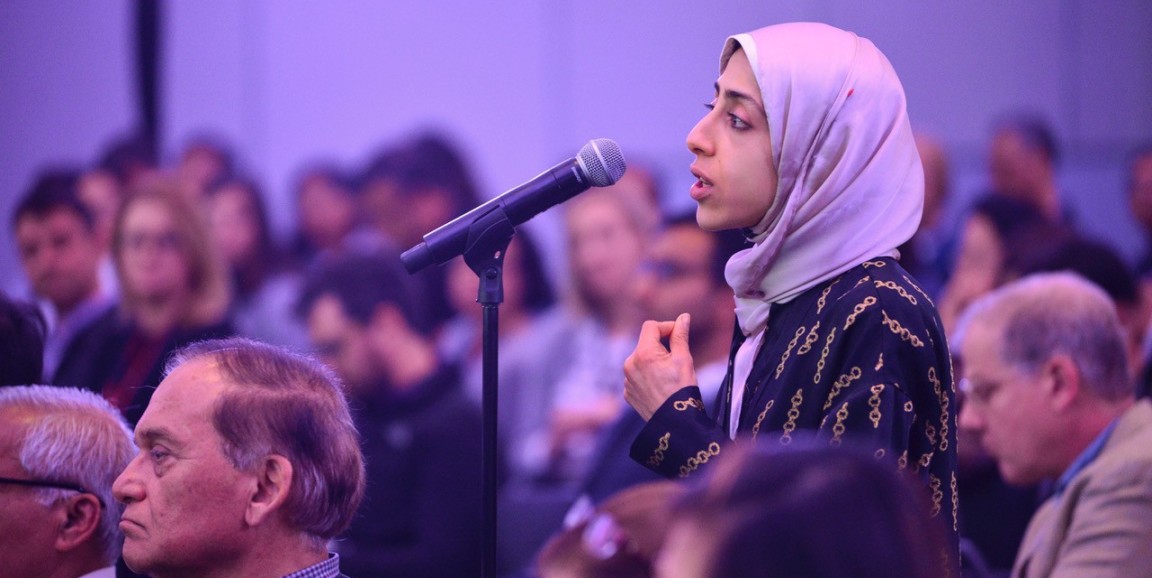In elementary school I was the kid who looked forward to the days we had science class. By high school, I took every science elective offered, and I declared my biology major as an undergrad during my first quarter.
I was not a kid who needed any encouragement in science, nor was I remotely underconfident in my scientific abilities. But three years into a PhD program in genetics I left to pursue science writing -- a career I've enjoyed for the past 23 years.
When I read stories about the leaky pipeline of women in STEM fields I often wonder where I fit in. I've never been able to see myself in stories about needing to get women excited about science (I was), or more confident (ditto). I was even in a department dominated by female grad students (though not faculty) so I had a good community. And yet I left.
That's why I jumped on a chance to write a recent story about two genetics graduate students who looked not just at the question of representation of women in genetics, but at questions of women's participation.
Natalie Telis, PhD, and Emily Glassberg, PhD -- both former graduate students in the lab of geneticist Jonathan Pritchard, PhD -- found that at two genetics conferences over the course of four years women consistently asked fewer questions than men, even in subfields where women outnumber men.
It's not just a matter of getting women in the room. There's something else that's limiting women's involvement -- and maybe advancement -- revealed by women's reticence to speak up. The students did find that women asked more questions of women speakers, and that when attendees were made aware of the issue at one meeting, the women attendees stepped up and asked more questions.
I don't know if the same factors that hold women back from asking questions played any role in my own decisions to leave. I've never regretted the decision and I've had a great time in my chosen career. But over time it would be nice to see a more nuanced discussion of why women leave STEM fields.
Maybe one day I'll be able to see my place in that story.
Amy Adams is the director of science communication at Stanford.
Photo of an attendee of Big Data in Precision Health by Rod Searcey




